
Compliance Certification Requirements for TEMU Europe
Ensuring compliance is critical for legally listing and selling products on the TEMU platform. Europe, as a highly developed economy with a vast consumer market and mature e-commerce habits, is an attractive choice for many sellers. However, navigating the compliance requirements for the European market can be complex. Sellers must adhere to specific certifications and regulations to sell legally in the EU. Below is a detailed guide to the compliance requirements for the TEMU Europe platform—save it for future reference!
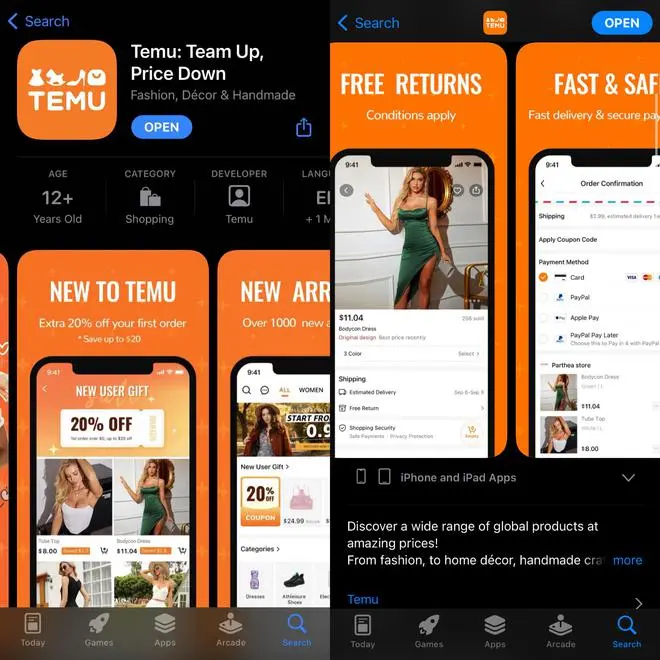
EPR Compliance
The Extended Producer Responsibility (EPR) is an EU environmental policy requiring producers and exporters to be accountable for the entire lifecycle of their products.
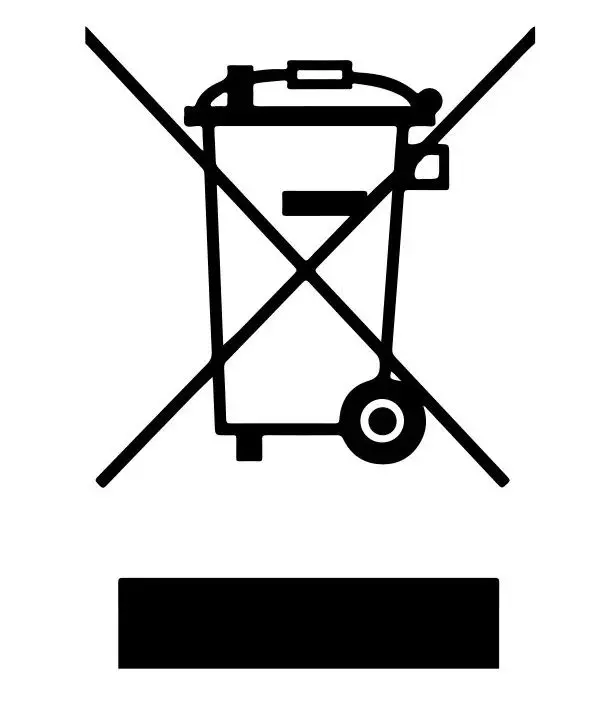
- Includes Packaging Law, WEEE (Waste Electrical and Electronic Equipment), and Battery Directive. Sellers must register under relevant categories, e.g., packaging law for products with packaging.
- TEMU mandates EPR compliance in Germany, France, Spain, Austria, etc. Sellers must complete registration, reporting, and environmental fee payment. Non-compliance may result in penalties such as withheld payments, product delisting, or frozen funds.
GPSR Compliance
The General Product Safety Regulation (GPSR) will take effect on December 13, 2024. Most non-food consumer goods sold in the EU must comply.
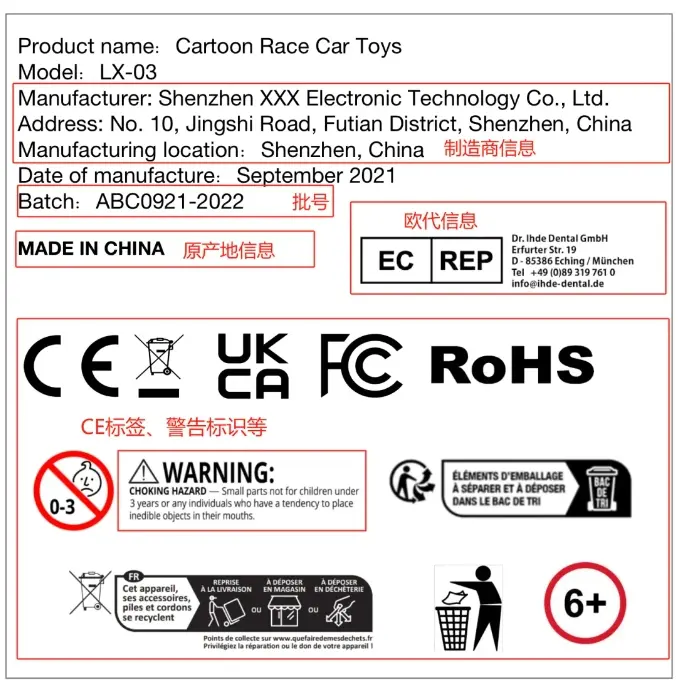
- Sellers must:
- Appoint an EU Authorized Representative (EU Rep) for their store.
- Label products with EU Rep information, manufacturer details, batch/serial numbers, etc., and upload these to the platform.
- TEMU will strictly verify EU Rep and manufacturer information. Non-compliant or incorrect information will lead to product bans in the EU.
EU/UK Authorized Representatives
- EU Representative (EU Rep) or UK Representative (UK Rep) serves as the legal entity responsible for sellers’ obligations in the EU or UK. Products with CE or ukca markings require these representatives.
- Sellers must:
- Upload EU/UK Rep details to TEMU.
- Display EU/UK Rep information on product packaging, accompanying documents, or labels.
EU CE certification
The CE Mark is a mandatory safety certification for products entering the European market, ensuring compliance with EU directives.
- CE certification covers directives like Machinery Directive (MD), Low Voltage Directive (LVD), and Electromagnetic Compatibility Directive (EMC).
- For electronic products:
- Provide CE-ROHS, CE-EMC, and CE-Battery certifications as applicable.
- Include CE mark, EU Rep details, and Declaration of Conformity (DoC).
ukca certification
The UKCA (UK Conformity Assessed) certification is required for products entering the UK market post-Brexit.
- Similar to CE certification but specific to UK standards.
- Mandatory for market access and indicates product compliance with UK regulations.
EU Energy Efficiency Label
This directive requires sellers to label energy-consuming products with their energy efficiency ratings.
- Applies to refrigerators, washing machines, lighting equipment, ovens, air conditioners, etc.
- Labels must include energy consumption and efficiency-related information.
ROHS certification
The Restriction of Hazardous Substances (RoHS) directive limits harmful substances in electronic and electrical equipment.
- Focuses on substances like lead, mercury, cadmium, and specific flame retardants.
- Sellers must provide ROHS Test reports covering all product models and variations.
REACH Certification
The Registration, Evaluation, Authorization, and Restriction of Chemicals (REACH) regulation applies to a broad range of products.
- Encompasses electronics, textiles, home goods, and chemicals.
- Sellers must meet REACH standards, particularly for chemical substances, and provide certification.
RSL Report
The Restricted Substances List (RSL) ensures compliance with chemical restrictions under the REACH regulation.
- Focus areas include:
- RSL Report (Lead, Cadmium).
- RSL-Phthalate (Plasticizers).
- RSL-SCCP (Short-Chain Chlorinated Paraffins).
- Non-compliant products with harmful substances exceeding EU limits cannot pass RSL certification.
FCM Testing Report
The Food Contact Materials (FCM) report evaluates safety for materials like plastic, metal, glass, ceramics, and fibers that contact food.
- Products must comply with FCM safety standards to ensure no harmful substances contaminate food.
IPXX Protection Rating
The Ingress Protection (IP) rating tests products’ resistance to dust and water.
- Ensures safety and functionality under specific environmental conditions.
- Commonly required for electrical equipment sold on TEMU.
Value-Added Tax (VAT)
The European VAT is a consumption tax sellers must register and pay for inventory stored in any EU country.
- Sellers must:
- Apply for VAT numbers in relevant countries.
- Ensure timely VAT filing and payments.
- TEMU supports VAT compliance through service providers for seamless registration and reporting.
Other Compliance Requirements
- Product Labels and Manuals:
- Include product name, model, manufacturer details, country of origin, production date/batch, and usage instructions.
- System Verification:
- Sellers must ensure accurate information and certification uploads to pass TEMU’s system checks for timely shipping.
- Legal and Platform Compliance:
- Adhere to EU laws (consumer protection, intellectual property) and TEMU policies (e.g., bans on counterfeit products).
Key to Success
To successfully sell on TEMU’s European platform, sellers must meet compliance requirements to ensure products align with both EU regulations and TEMU standards. Operating with precision and compliance is essential to overcoming these challenges.
Partnering with compliance service providers, like JJR Lab, can help streamline the process, reduce costs, and ensure compliance. JJR Lab is a certified service provider for major platforms, including TEMU, offering comprehensive compliance support.
Email:hello@jjrlab.com
Write your message here and send it to us
 Toothbrush FDA Certification Testing
Toothbrush FDA Certification Testing
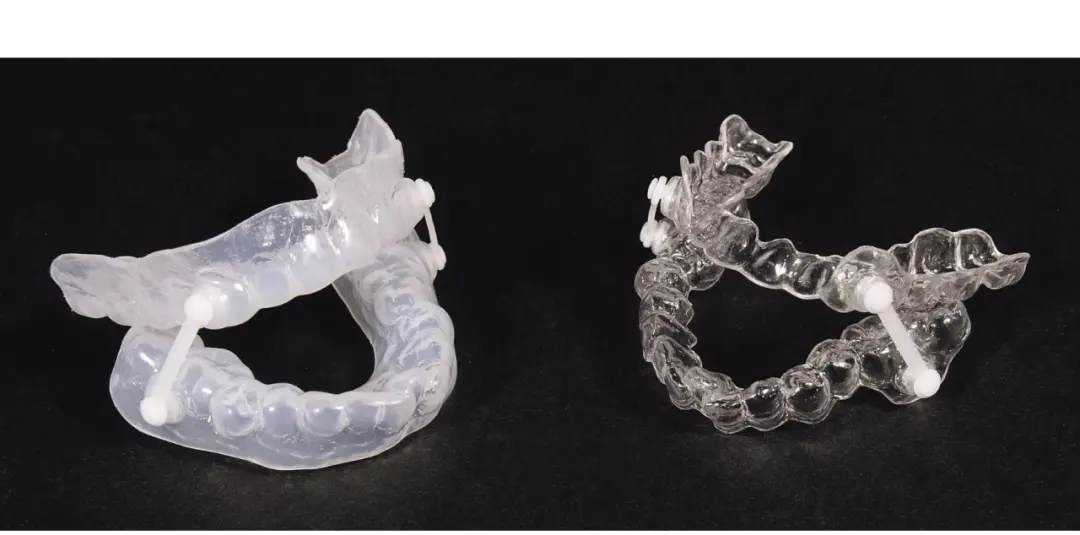 Snoring Device FDA 510k Standard Testing
Snoring Device FDA 510k Standard Testing
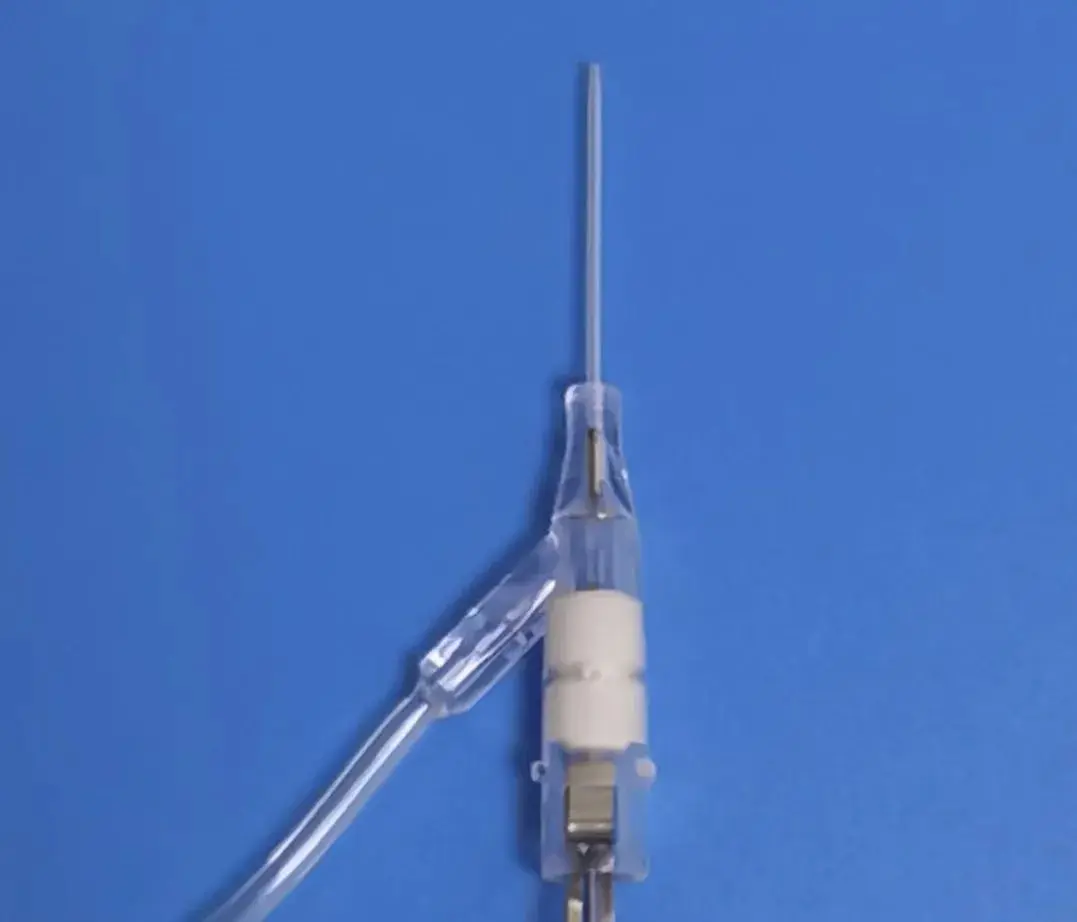 Single Use Intravenous Catheter Certification Test
Single Use Intravenous Catheter Certification Test
 Silicone Material Product Compliance Certification
Silicone Material Product Compliance Certification
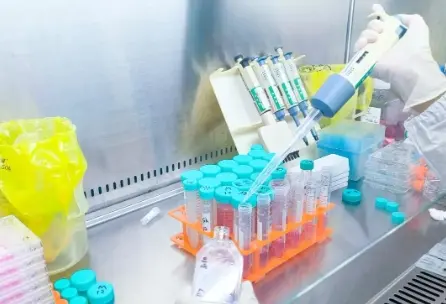 What to Do If Cytotoxicity Test Results Are Positi
What to Do If Cytotoxicity Test Results Are Positi
 ISO 10993:5 Cytotoxicity Testing Methods
ISO 10993:5 Cytotoxicity Testing Methods
 FDA ISO 10993-1 Biocompatibility Evaluation Guidel
FDA ISO 10993-1 Biocompatibility Evaluation Guidel
 In Vitro Cytotoxicity Testing for Medical Devices
In Vitro Cytotoxicity Testing for Medical Devices
Leave us a message
24-hour online customer service at any time to respond, so that you worry!




